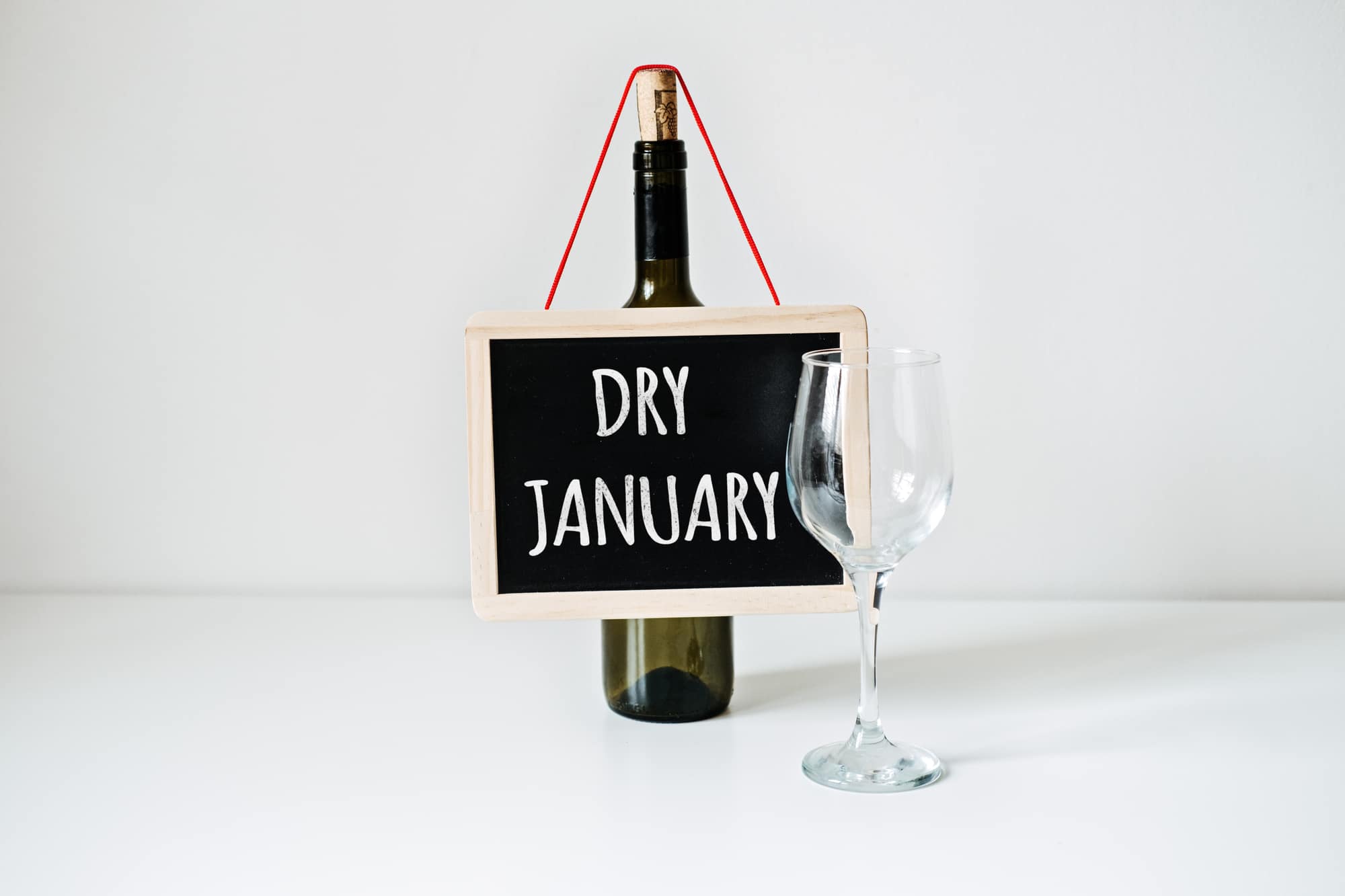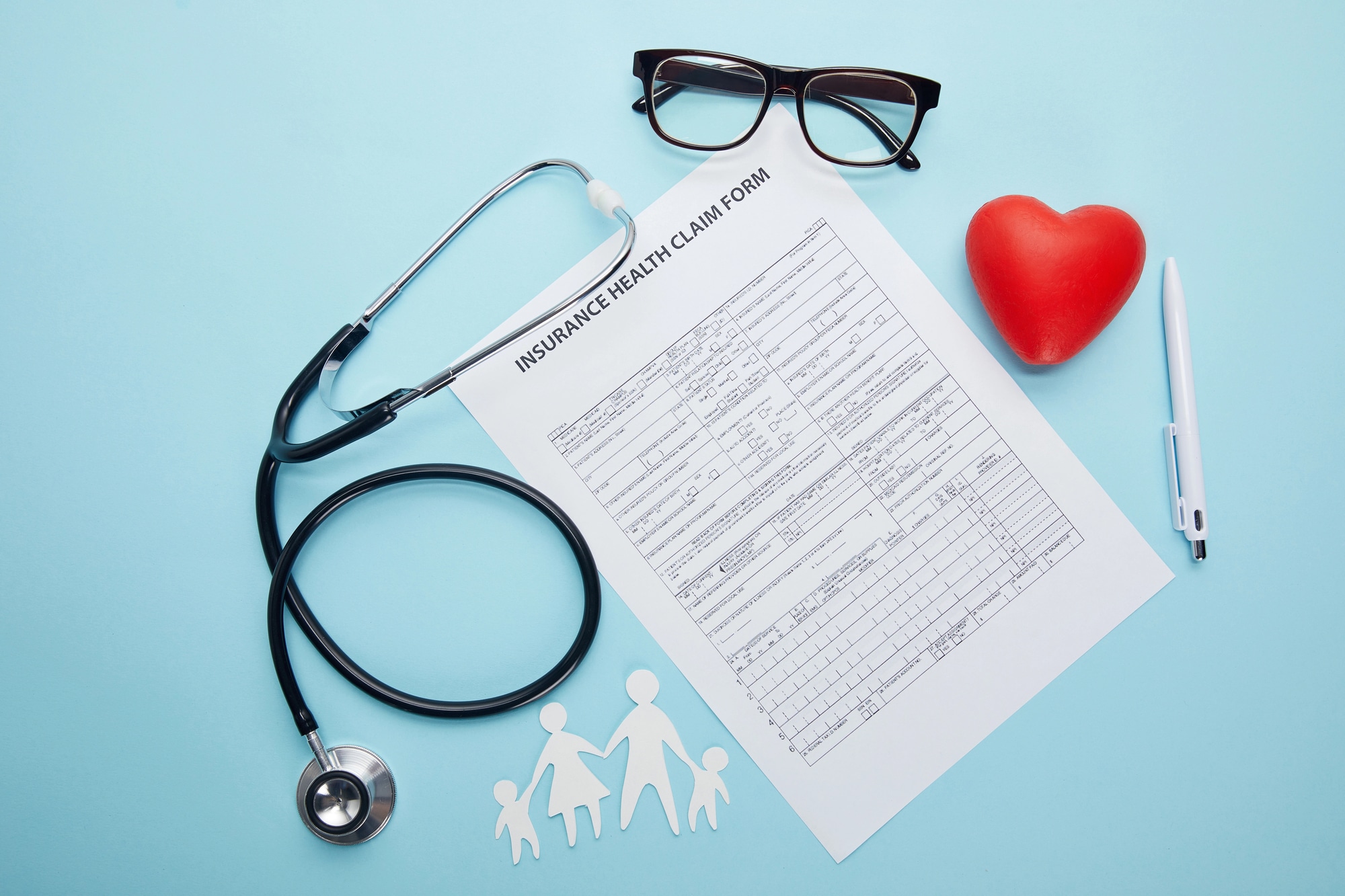
When Dry January Isn’t Enough: Signs It’s Time to Seek Treatment
Every January, millions of people around the world commit to “Dry January” — a month-long break from alcohol. For some, it’s a health challenge or a way to reset after the holiday season. But for others, Dry January may reveal a deeper relationship with alcohol that needs attention.
If you’ve struggled to complete Dry January or found it more difficult than expected, it may be a sign that alcohol has a stronger hold on your life than you realized. The good news? This moment of self-awareness can be the first step toward meaningful change.
For those with alcohol use disorder (AUD), Dry January can offer clarity and motivation to seek lasting support. Treatment options, like outpatient programs and medication-assisted treatment (MAT), provide the tools to make long-term sobriety possible. Here’s how Dry January can be the catalyst for real, lasting recovery.
What is Dry January?
Dry January is a 31-day challenge where participants voluntarily stop drinking alcohol for the month of January. Started by the UK-based organization Alcohol Change UK, the challenge is now a global movement.
While many people participate to boost their health or save money, others take part to see if they can reduce their dependence on alcohol. The experience can be eye-opening, especially for those who struggle to get through the month without drinking.
Signs You May Need More Than Dry January:
- You experience cravings for alcohol.
- You feel irritable, anxious, or restless without drinking.
- You use alcohol as a coping mechanism for stress, sadness, or boredom.
- You “count down” the days until you can drink again.
If any of these experiences sound familiar, you may want to explore treatment options for alcohol use disorder.
How Dry January Can Reveal a Deeper Issue
For some people, Dry January is simple — they complete it, feel better, and go back to drinking in moderation. But for others, the process reveals signs of dependence. Struggling to complete the challenge might be a sign that alcohol use has shifted from a casual habit to something more serious.
Here’s how Dry January might bring certain patterns to light:
- Realization of Physical Dependence – If you experience withdrawal symptoms like anxiety, irritability, or difficulty sleeping, it may be a sign of physical dependence.
- Struggle to Cope Without Alcohol – If you normally rely on alcohol to manage stress, boredom, or social anxiety, a sober month may reveal the need for healthier coping strategies.
- Increased Mental Obsession – If you find yourself thinking about drinking frequently or counting the days until February 1, it could signal a more significant attachment to alcohol.
These realizations are not signs of failure — they are signs of awareness. And awareness is the first step toward change. If Dry January is harder than expected, it may be time to consider support through alcoholism treatment.
Signs It’s Time to Seek Treatment
If you’re finding it hard to stick with Dry January, you’re not alone. Alcohol dependence is not a matter of “willpower” — it’s a condition that affects the brain and body. Alcohol use disorder (AUD) occurs when alcohol consumption becomes compulsive, despite negative consequences.
Here are a few signs it may be time to seek professional help:
- You’ve tried to cut back on drinking before but couldn’t stay consistent.
- You feel intense cravings or urges to drink, especially in social or stressful situations.
- You feel like you “need” alcohol to relax or unwind at the end of the day.
- You’ve experienced negative consequences (health issues, family conflict, job issues) related to drinking but continue to drink anyway.
If any of these signs resonate with you, know that help is available. Outpatient treatment, like the programs offered at New Era Rehabilitation in Bridgeport and New Haven, Connecticut, provides a compassionate, non-judgmental space to address alcohol use.
How Alcohol Treatment Can Help After Dry January
If Dry January has highlighted a deeper issue with alcohol, it’s essential to know that there are effective, evidence-based treatment options available. Alcohol use disorder (AUD) is a treatable condition, and you don’t have to face it alone.
Here are the key elements of treatment for AUD:
1. Outpatient Treatment for Flexibility and Support
Outpatient treatment allows people to continue their daily routines — like work, school, or family responsibilities — while receiving structured support for recovery. At New Era Rehabilitation, outpatient programs are designed to help individuals access treatment while staying connected to their community.
Benefits of outpatient treatment include:
- Personalized counseling and therapy to help you identify triggers and develop coping strategies.
- Flexible scheduling so you can balance treatment with daily responsibilities.
- Access to group support from others going through similar experiences.
2. Medication-Assisted Treatment (MAT) for Alcohol Use Disorder
Did you know that medication can be part of alcohol use treatment? Medication-assisted treatment (MAT) is often associated with opioid addiction, but it can also be effective for alcohol use disorder.
Certain FDA-approved medications, like naltrexone or acamprosate, reduce alcohol cravings and help people maintain their sobriety. These medications work by balancing brain chemistry, making it easier to resist the urge to drink.
At New Era Rehabilitation, medication-assisted treatment (MAT) is integrated with counseling and mental health support to create a well-rounded approach to recovery.
3. Mental Health Counseling to Address Underlying Issues
Many people turn to alcohol as a way to cope with stress, anxiety, depression, or past trauma. In treatment, mental health counseling plays a key role in addressing these underlying issues.
Counseling provides a safe space to explore:
- Why you use alcohol as a coping tool.
- How to develop healthier ways to manage stress.
- How to process unresolved feelings, trauma, or grief.
By addressing mental health alongside addiction, you gain the tools to manage life’s challenges without relying on alcohol.
The Benefits of Seeking Help Beyond Dry January
If Dry January has been a struggle, it doesn’t mean you’ve failed. It means you’ve discovered something important about yourself. Seeking treatment for alcohol use is an act of strength and self-compassion.
Here’s what you gain from taking the next step:
- Freedom from the cycle of drinking and regret.
- Better mental and emotional health.
- Stronger relationships with loved ones.
- A sense of pride and accomplishment in overcoming a challenge.
Instead of “white-knuckling” your way through sobriety, you can access support from a team of addiction professionals who understand your journey. Outpatient treatment, medication-assisted treatment (MAT), and mental health counseling are powerful resources that help people move beyond short-term challenges like Dry January to achieve lasting recovery.
Take the Next Step Toward Long-Term Sobriety
Dry January can be a great opportunity to reflect on your relationship with alcohol. But if it feels more difficult than expected, it’s okay to reach out for help. You don’t have to “power through” alone.
At New Era Rehabilitation in Bridgeport and New Haven, Connecticut, we offer compassionate, outpatient support for people who are ready to make a lasting change. Our treatment programs are designed to meet you where you are — whether you’re just starting to question your relationship with alcohol or you’re ready to commit to full recovery.
We offer:
- Medication-assisted treatment (MAT) for alcohol use disorder.
- Mental health counseling to address stress, anxiety, and trauma.
- Flexible outpatient programs so you can get support while managing your daily responsibilities.
This year, let Dry January be more than just a month-long challenge. Let it be a moment of reflection and a chance to take charge of your well-being. If you’re ready to explore a life of true freedom from alcohol, New Era Rehabilitation is here to help.
Call us today at 203-562-2101 or contact us online to learn more about outpatient treatment and how we can support your recovery journey.





